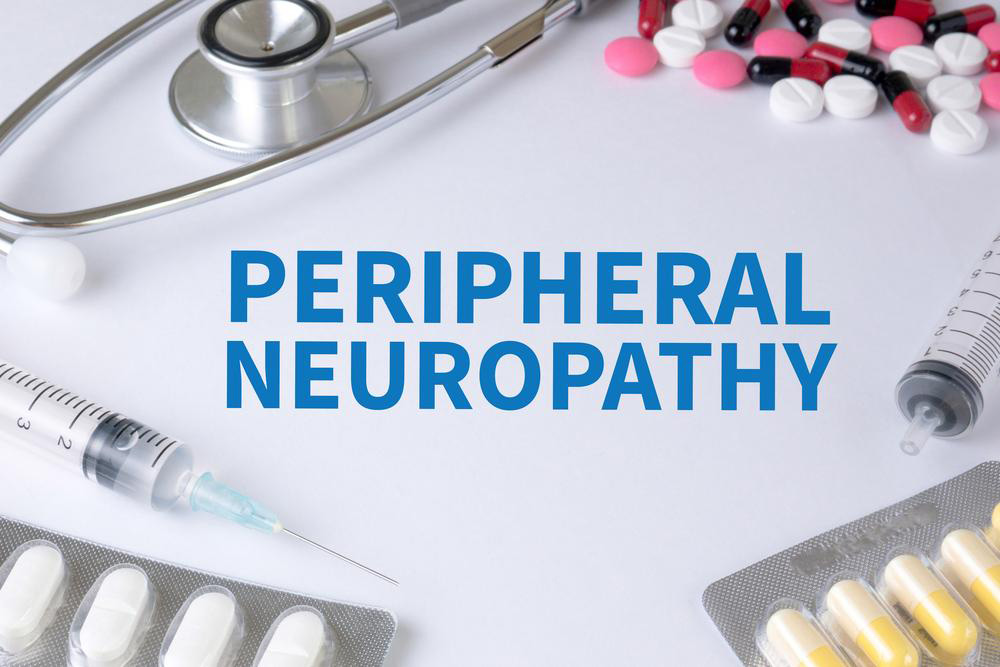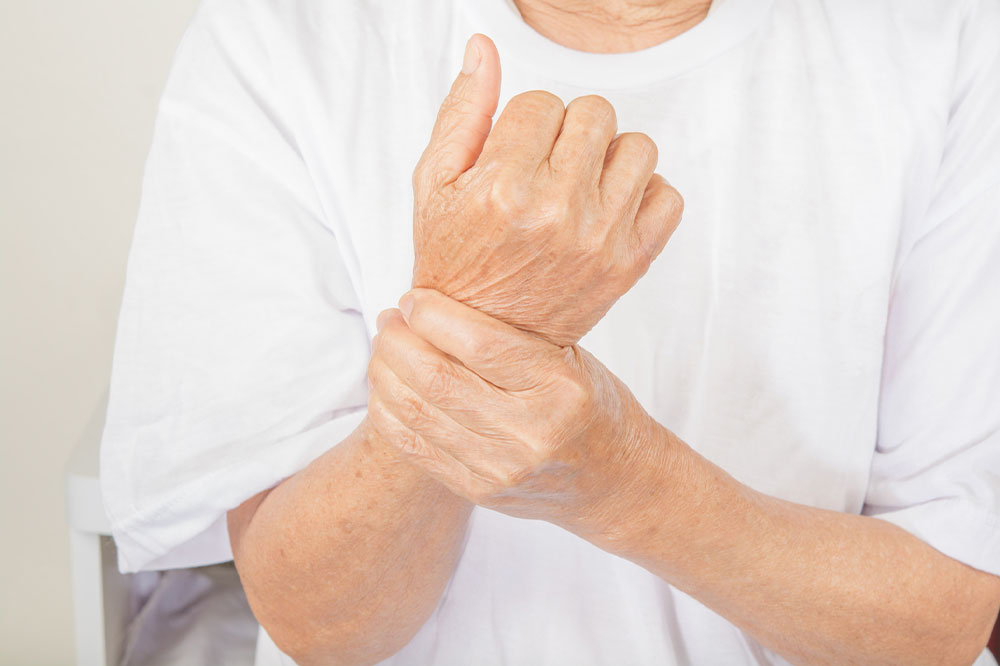Comprehensive Guide to Managing Peripheral Nerve Damage Effectively
This comprehensive guide explores effective strategies for managing peripheral nerve damage. It covers lifestyle modifications, nutritional advice, exercise, smoking cessation, foot care, and risk factor management. By implementing these practical tips, individuals can reduce symptoms, prevent further nerve deterioration, and improve overall well-being. Early detection and proactive care are emphasized for better health outcomes and nerve regeneration.

Effective Strategies for Managing Peripheral Nerve Damage
Peripheral nerve damage, a condition that affects the nerves outside the brain and spinal cord, can cause persistent pain, numbness, tingling sensations, and weakness. These symptoms can significantly diminish quality of life, interfere with daily activities, and pose challenges in managing health. While medical interventions such as medications, physical therapy, and surgical options are often prescribed, adopting proactive self-care strategies is equally important in alleviating symptoms and possibly preventing further nerve deterioration. This comprehensive guide delves into practical, evidence-based tips for those at risk of peripheral neuropathy or already experiencing its effects.
Limit Alcohol Consumption
Excessive alcohol intake is one of the primary contributors to nerve damage. Alcohol toxicity can directly harm nerve tissues, leading to alcoholic neuropathy, a common form of peripheral nerve disorder. To reduce this risk, individuals should consider gradually decreasing alcohol consumption or quitting altogether. For those struggling with alcohol dependence, seeking support through counseling, support groups, or medical treatment can be highly beneficial. Additionally, chronic alcohol abuse often results in nutritional deficiencies, especially of vital vitamins like B1 (thiamine), B6, and B12, which are essential for nerve health. Supplementing these vitamins under medical supervision can significantly improve nerve function and reduce symptoms.
Adopt a Nutritious, Balanced Diet
Diet plays a vital role in nerve health. Consuming a balanced diet rich in fruits, vegetables, whole grains, nuts, seeds, and lean proteins can help support nerve regeneration and reduce inflammation. Foods high in antioxidants, such as berries and leafy greens, combat oxidative stress, which is linked to nerve degeneration. Ensuring adequate intake of B vitamins, especially B12, is crucial since deficiency states are often associated with peripheral nerve disorders. People with dietary restrictions should consult healthcare professionals for tailored nutritional guidance. Remember, maintaining optimal nutrition enhances your body's ability to repair damaged nerves and maintain overall health.
Engage in Regular, Moderate Exercise
Physical activity is a cornerstone of managing peripheral nerve damage. Regular exercise helps improve blood circulation, which is critical for delivering oxygen and nutrients to nerve tissues. It also promotes the release of endorphins, natural pain relievers, and helps maintain a healthy weight, reducing stress on nerves. For individuals who find vigorous workouts challenging or unsuitable, gentle activities like yoga, stretching, or walking three times a week for about 30 minutes can be highly effective. Always consult a healthcare provider before starting any new exercise regimen, especially if you have existing health issues such as diabetes or cardiovascular conditions. Consistent, moderate activity can enhance muscle strength, improve neurological function, and reduce nerve-related discomfort.
Quit Smoking to Improve Circulation
Smoking is a major risk factor that exacerbates nerve damage by impairing blood flow. Nicotine constricts blood vessels, leading to reduced oxygen and nutrient supply to peripheral nerves, which accelerates nerve degeneration. Quitting smoking can dramatically improve peripheral circulation and aid in nerve repair. Support options include nicotine replacement therapies such as patches or gum, medications prescribed for smoking cessation, and behavioral counseling. Long-term abstinence from tobacco products not only benefits nerve health but also reduces the risk of cardiovascular diseases, thereby indirectly supporting nerve regeneration and overall wellness.
Prioritize Foot Care
Foot complications are common among individuals with peripheral neuropathy, especially diabetics. Nerve damage in the feet can lead to loss of sensation, making injuries and infections harder to detect and treat promptly. Daily foot examinations are essential to identify cuts, blisters, or sores early. Using padded shoes, wearing loose cotton socks, and avoiding walking barefoot can prevent injuries. Proper foot hygiene and routine podiatric check-ups are recommended to minimize the risk of ulcers, infections, and amputations. Educating yourself about foot care is vital in managing nerve-related foot issues and maintaining mobility and independence.
Identifying and Managing Risk Factors
Understanding the factors that increase your risk of developing peripheral nerve damage can empower you to take preventative measures. Certain groups are more prone to nerve issues, including:
Individuals who are overweight or obese
People with hypertension or high blood pressure
Individuals aged 40 and above
Diabetic patients, especially those with poorly controlled blood sugar levels
Cancer patients undergoing chemotherapy, which can cause peripheral neuropathy
HIV-positive individuals, for whom nerve damage may be a complication
Proactive management of these conditions through lifestyle modifications, medication adherence, and routine health screenings can significantly lower the chance of developing or worsening nerve damage. Early detection often leads to better treatment outcomes and possibly reversing some nerve impairments.
In conclusion, managing peripheral nerve damage involves a multifaceted approach combining medical treatment, lifestyle changes, and self-care strategies. If you notice symptoms such as persistent numbness, tingling, or pain, consult a healthcare professional promptly. Early intervention can help prevent irreversible nerve damage and improve your overall quality of life.





